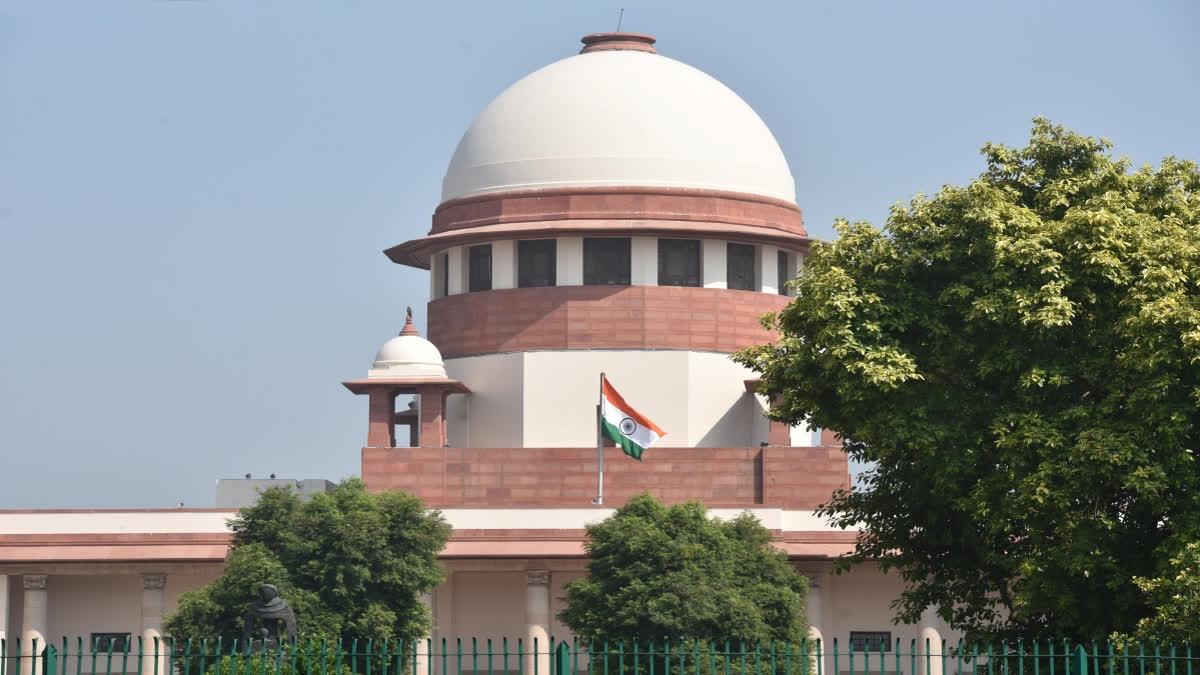New Delhi: The Supreme Court on Tuesday closed the proceedings in connection with a PIL, claiming non-functional statutory panels exist in Jammu and Kashmir, after it was informed by the administration of the Union Territory that these are now functional and the powers of some like the State Human Rights Commission are being exercised by the NHRC.
A bench led by Chief Justice of India D Y Chandrachud considered the submissions made by the Centre’s counsel that the statutory panels are functional and the powers of some of them are now being exercised by central panels owing to the change in the status of the erstwhile state of Jammu and Kashmir.
The counsel, to support his submissions, cited the affidavit of the law, justice and parliamentary affairs department of Jammu and Kashmir. The counsel submitted that the powers of three commissions out of the seven are being exercised by the central panels and the rest are functional in the union territory.
After hearing submissions from the Centre's counsel, the bench said it will close the proceedings, as, in view of the present position, the plea has become infructuous and no further directions are required to be issued.
"It has been submitted that with the passing of the Jammu and Kashmir Reorganisation Bill, now the laws applicable to UTs are made applicable to the union territory of Jammu and Kashmir...moreover, the central government is vested with the power to direct that the central commissions to function as state commissions," said the bench.
The top court had issued notice to the Centre on the 2020 PIL, filed by Pune-based lawyer Asim Suhas Sarode, and sought the assistance of Solicitor General Tushar Mehta in deciding it.
It was alleged that statutory panels like the State Human Rights Commission were not functional in the union territory after the abrogation of Article 370 which accorded special status to the erstwhile state. The petitioner had made the DoPT (Department of Personnel and Training), the National Human Rights Commission and the Law Commission of India parties to the PIL.
The Centre, in August 2019, bifurcated Jammu and Kashmir into two union territories and abrogated the provisions of Article 370 of the Constitution which accorded special status to the erstwhile state.



